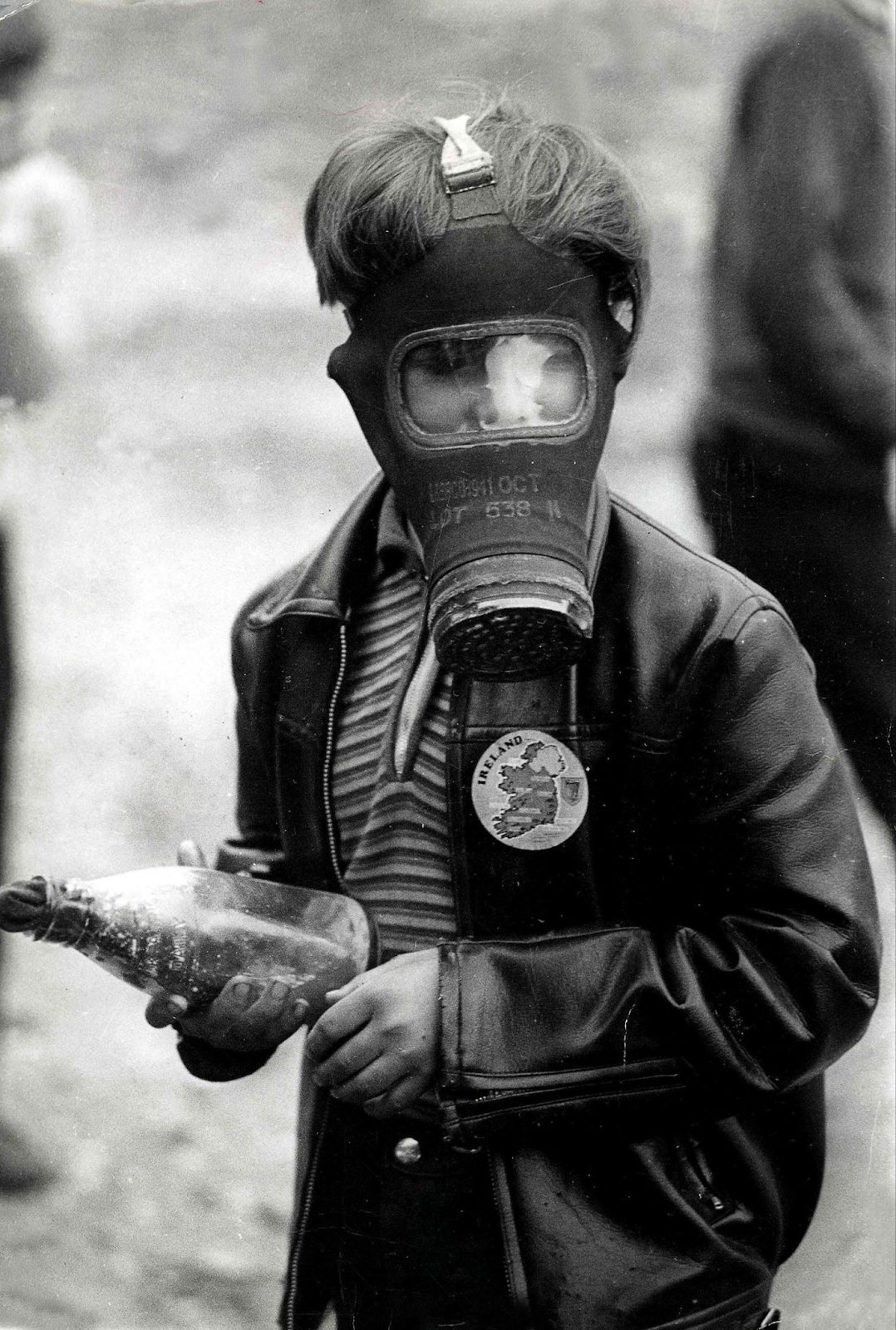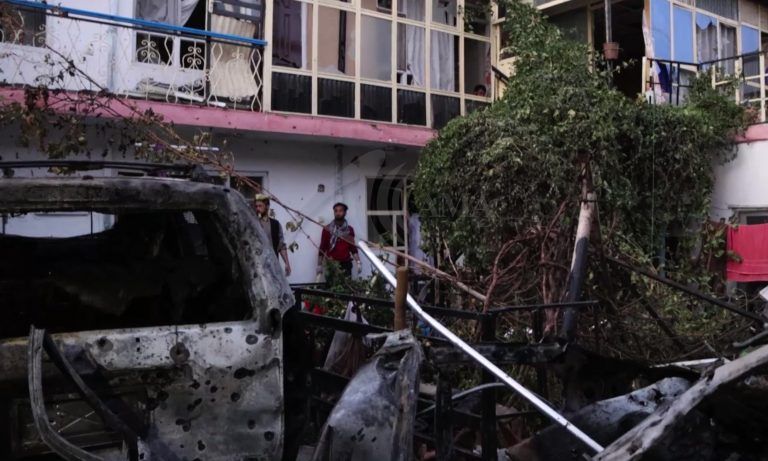Terror
by Connell Paxton, Form VI
3 min. read — May 19, 2023

For a government like ours, motivated by benevolence and a strong sense of morality, “terrorism” can be a useful word. It’s how you know when we’re morally obligated to intervene in a strategically significant country and spread our protective arm around nations who might fall into its clutches. It clarifies and explains why the government should be able to look at our communications data — it’s for everyone’s safety. Perhaps most importantly, it tells us who the bad guys are.
Luckily, it's pretty easy to figure out who is a terrorist. As we all know, terrorists are the people who kill civilians – unless, of course, those civilians are 20% of the Korean population in 1950, or some estimated 1 million Iraqis, in which case they were simply unfortunate casualties in a conventional war. Hmmm, there must be a more consistent test of what is or isn’t terrorism. Well, if terrorism is all about spreading terror, it would stand to reason that indiscriminate attacks on the public fit under this definition best – if we discount the longstanding practice of carpet bombing, or the unavoidable and saddening existence of “collateral damage”, which doesn’t really count because we’re doing it for a good reason.
Maybe it's not so easy to figure out who is a terrorist, so let’s make a list of criteria. It can’t simply be “groups that target civilians”; otherwise, we’d have to label virtually every national government that has ever conducted a bombing run or has a law enforcement system as a terrorist. It seems pretty clear it can’t be a state actor because they are the ones who protect us from terrorism with said law enforcement system. If we included groups that wanted to support the status quo, the UVF (Ulster Volunteer Force) wouldn’t be missing from the State Department’s master list of terror groups. Of course, we can’t just label all groups wishing to affect political change through violence as terrorists; otherwise, we would be forced to abandon our reverence for the American Revolution. I’m sure there’s a rational definition of terrorism that doesn’t simply boil down to whether a group aligns with whatever is deemed our national interest, but this search is becoming too difficult for the likes of a Priory Press article, so we can just take for granted that one is out there and move on.

Even if we agree with the goals of a “terrorist” organization, perhaps Ulster shouldn’t remain a repressive apartheid state, and perhaps Palestinians shouldn’t be isolated and withheld access to medical treatment – we intuitively know their actions are wrong. When South African protesters were massacred in Sharpeville or Fenians in the streets of Derry, that isn’t justification to destroy police stations or bomb furniture warehouses because attacking the institutions of an oppressive regime isn’t very nice. When unarmed black men in the United States are shot by cops, it's impolite to damage a police cruiser. Armed conflict should be left to those already in power, who know how best to use it – and boy do they use it.